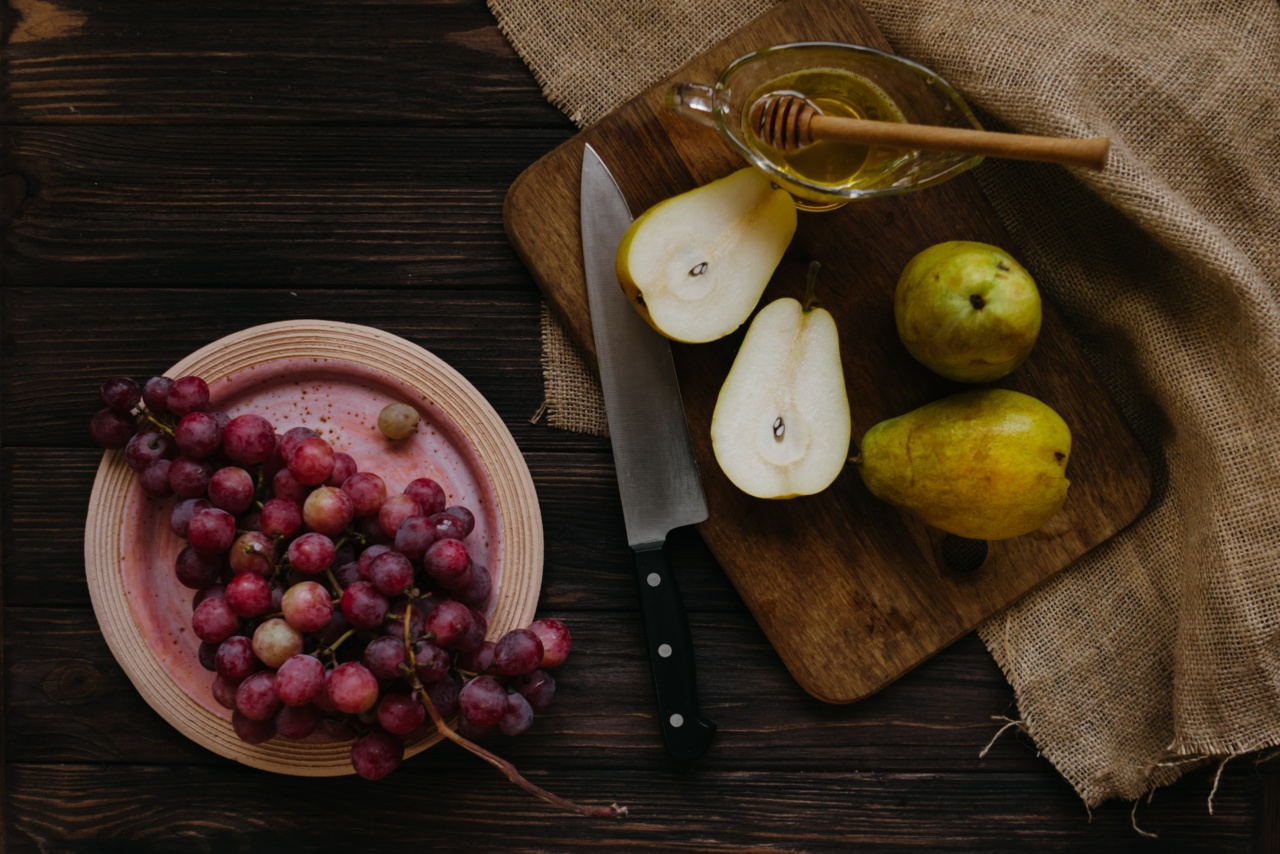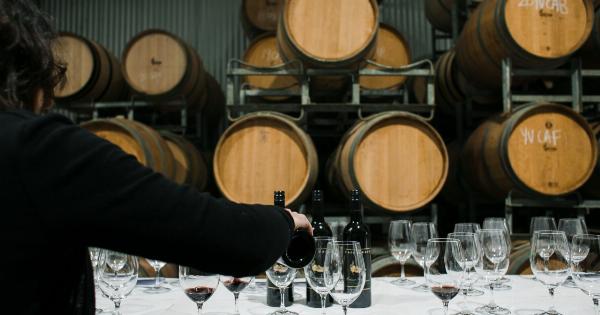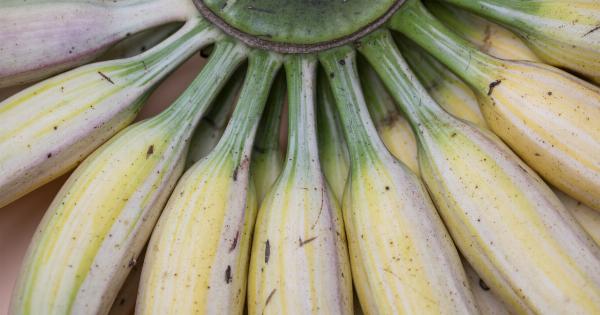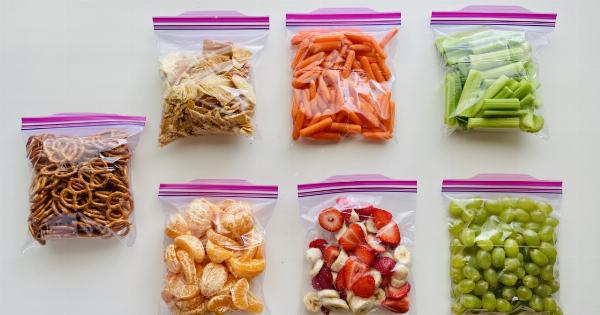Honey is a natural sweetener produced by bees using nectar from flowers. It has been used for centuries as a popular ingredient in cooking and as a sweetener for various foods and beverages.
Honey is not only delicious but also boasts several health benefits. Interestingly, the taste and flavor of honey can vary depending on various factors, including the length of time it is stored. In this article, we will explore how the flavor of honey develops over time and why its taste becomes stronger with storage.
1. The Composition of Honey
Before discussing how the taste of honey changes over time, it is important to understand its composition. Honey is primarily composed of sugars, including glucose and fructose. These sugars give honey its sweet taste.
Additionally, honey contains small amounts of vitamins, minerals, enzymes, and antioxidants, which contribute to its health benefits. The flavor of honey is influenced by the types of flowers bees gather nectar from, as well as other environmental factors.
2. Initial Taste of Fresh Honey
When honey is first harvested, it is called fresh or raw honey. Fresh honey has a mild, delicate taste and tends to be runny in consistency. The flavor can vary depending on the flowers that the bees collected nectar from.
For example, honey made from orange blossom flowers will have a distinct citrusy flavor, while honey from clover flowers will have a more floral taste. The initial taste of fresh honey is usually light and pleasant.
3. The Process of Ripening
After honey is harvested, it goes through a process called ripening. Ripening involves the gradual evaporation of excess moisture from the honey, which helps concentrate its sugars and flavors.
This process takes place naturally over time, allowing the honey to mature and develop its unique taste. While some moisture is necessary to prevent crystallization, if the moisture content is too high, the honey can ferment.
4. The Influence of Storage Conditions
The storage conditions play a crucial role in the taste development of honey. Factors such as temperature and humidity can affect the ripening process. It is important to store honey in a cool, dry place away from direct sunlight to preserve its flavor.
When honey is exposed to high temperatures or fluctuating temperatures, it can lose some of its aroma and taste. Proper storage helps maintain the desired taste and prevents degradation of quality.
5. Changes in Taste Over Time
As honey continues to ripen and mature, its taste becomes stronger and more intense. This is because the evaporation of excess moisture increases the concentration of sugars and other compounds in the honey.
The longer honey is stored, the more time it has to develop complex flavors and aromas. The process of ripening allows the enzymes in honey to break down more complex sugars into simpler ones, leading to a deeper flavor profile.
6. Factors Affecting Taste Development
Several factors can affect the taste development of honey during storage. The floral source of nectar plays a significant role in the initial taste of honey, and this flavor intensifies over time.
Different types of honey, such as acacia honey or wildflower honey, will have distinct flavor profiles that become more pronounced with storage. Furthermore, the natural enzymes present in honey continue to interact with the sugars and other components as time progresses, enhancing the overall taste.
7. Crystallization and Taste
Over time, honey naturally crystallizes, forming sugar granules. This process does not impact the taste of honey negatively; in fact, some people prefer crystallized honey due to its unique texture.
Crystallization depends on the floral source, temperature, and sugar composition of honey. While it may change the texture, the taste and flavor of crystallized honey remain intact, showcasing the deep, strong flavor that develops with time.
8. The Role of Antioxidants
Honey contains various antioxidants, which play a crucial role in its taste development. Antioxidants are compounds that help protect our bodies against damage from harmful free radicals.
These antioxidants are more concentrated in mature honey, giving it a more robust and complex flavor. The longer honey is stored, the more antioxidants it accumulates, enhancing its taste and health benefits.
9. Culinary Uses of Aged Honey
Aged or stored honey with a stronger flavor can add depth and complexity to culinary creations. Its intense taste makes it perfect for use in marinades, salad dressings, glazes, and various baked goods.
The robust flavor of aged honey can elevate the taste of dishes and provide a unique twist to traditional recipes. Chefs and food enthusiasts often appreciate the complexity and versatility that older honey brings to their culinary experiments.
10. Conclusion
In conclusion, the taste of honey becomes stronger and more intense as it is stored over time. The ripening process allows the honey to develop complex flavors and aromas, making it a sought-after ingredient.
Factors such as storage conditions, floral source, and natural enzymes in honey contribute to the taste development. While the initial taste of fresh honey is light and delicate, aging honey leads to a deeper, richer flavor profile. Whether enjoyed on its own or incorporated into various dishes, aged honey offers a bolder taste experience.






























